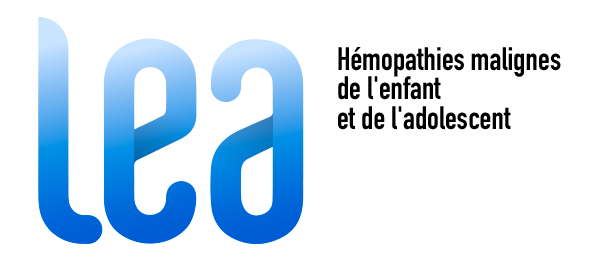Romain Lopez, Geneviève Plat, Yves Bertrand, Stéphane Ducassou, Paul Saultier, Julie Berbis, Audrey Contet, Zeinab Hamidou, Marilyne Poirée, Marie-Dominique Tabone, Justyna Kanold, Jean-Hugues Dalle, Virginie Gandemer, Catherine Paillard, Nicolas Sirvent, Dominique Plantaz, Sandrine Thouvenin, Isabelle Pellier, Sophie Ansoborlo, Guy Leverger, André Baruchel, Pascal Auquier and Gérard Michel.
Bone Marrow Transplant. 2021 Jan 16. doi: 10.1038/s41409-020-01180-y.
https://pubmed.ncbi.nlm.nih.gov/33454725/
We included 255 patients from the L.E.A. French long-term follow-up cohort. All had received hematopoietic stem cell transplantation (HSCT) and/or testicular radiation for childhood acute leukemia and were older than 18 years at last L.E.A. evaluation. Total testosterone deficiency was defined as a <12 nmol/l level or by substitutive therapy, partial deficiency as normal testosterone with elevated luteinizing hormone (>10 UI/l). After myeloablative total body irradiation (n = 178), 55.6% had total deficiency, 15.7% partial deficiency, and 28.7% were normal. A 4-6 Gy testicular boost and a younger age at HSCT increased significantly the risk. After a Busulfan-containing myeloablative conditioning regimen (n = 53), 28.3% had total deficiency, 15.1% partial deficiency, 56.6% were normal (62.5% vs. 0% in patients without or with additional testicular radiation). A 24-Gy testicular radiation without HSCT induced total or partial deficiency in 71.4% and 28.6%, respectively (n = 21). Total testosterone deficiency increased the risk of metabolic syndrome: 25% vs. 12.1% in men with partial testosterone deficiency and 8.8% when Leydig cell function was normal (p = 0.031).

